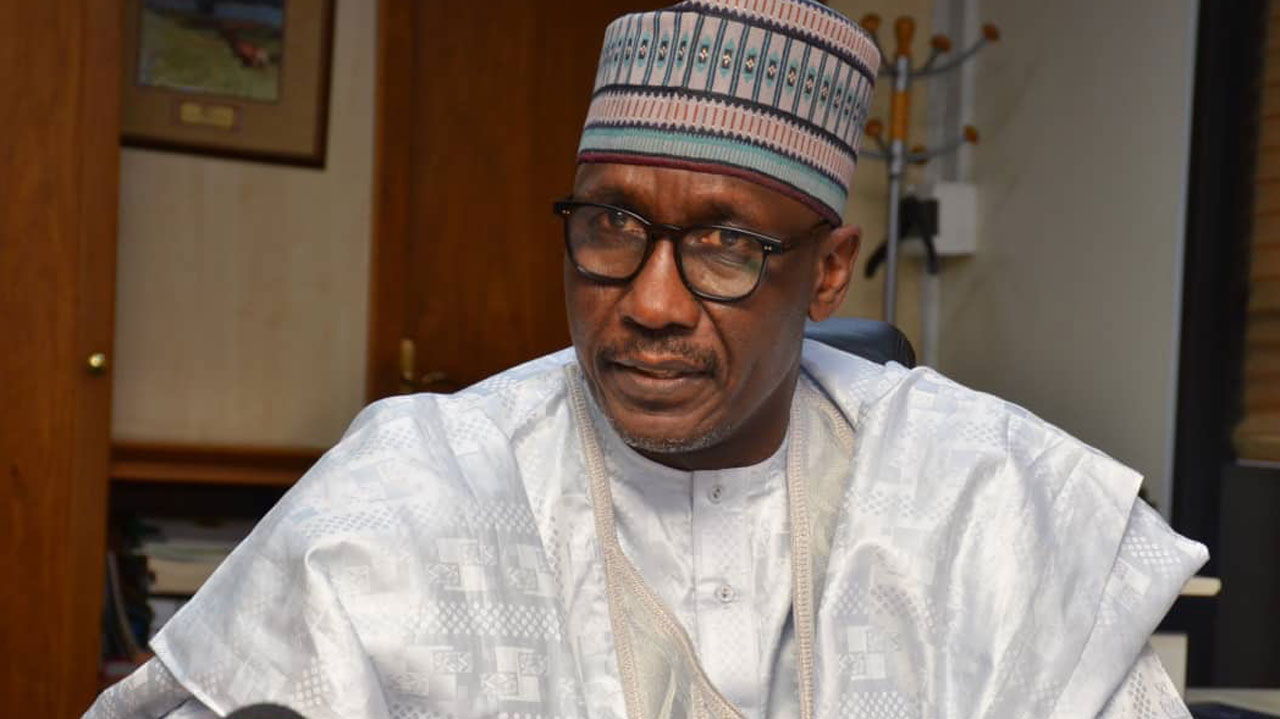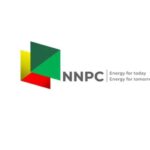Established 46 years ago, the NNPC has recently come under intense attack for rundown refineries, and non-remittance of cash due to the Federation Account.
The situation has become tense as revenues accruing to states dropped drastically since the advent of Covid-19.
For a country that is substantially dependent on oil revenues, state governors described the situation as endangering the country’s economic health because the oil sector provides 95 per cent of Nigeria foreign exchange earnings and 80 per cent of budget funding.
The good news however is that at the just concluded Federal Account Allocation Committee (FAAC), the Accountant General of the Federation, Dr. Oluwatoyin Madein disclosed that it has shared a total sum of N907.054 billion June 2023 Federation Account Revenue to the Federal Government, States and Local Government Councils.
- Jega, Mbari lead ECOWAS, AU pre-election fact-finding mission to Liberia
- Amid shrinking reserves: Concerns mount over Tinubu’s directives on grains
According to the AGF, Companies Income Tax (CIT) recorded tremendous increase. Import and Excise Duties, Value Added Tax (VAT), Oil and Gas Royalties increased significantly, while Petroleum Profit Tax (PPT) and Electronic Money Transfer Levy (EMTL) decreased considerably.
This disclosure indicates that the oil money has started flowing again.
Speaking on the breakdown, NNPCL Chief Financial Officer, Umar Ajiya said: “NNPC has remitted N123 bln (81bln as monthly interim dividend and 42bln as 40% PSC profit oil ) in addition to compliance on payment of royalties and taxes. This clearly shows that the company under the leadership of Mallam Mele Kyari is moving in a positive trajectory as enshrined in the PIA.
Addressing $2.7bn refinery rehabilitation fee
However, a number of questions need clarification in the public space, one that will define how the stakeholders deal and relate with the NNPCL as a going concern. One of those will be the state of the refinery, how much has been expended and how quickly the fixes will be completed to help ameliorate the current high cost of petrol at the filling stations.
The Nassarawa state governor for instance alleged that the last administration wasted $19 billion to rehabilitate the four state-owned refineries without result, the same amount Dangote has invested in its 650,000 barrels-per-day refinery.
A high level source who is conversant with the transaction toald the Daily Trust that the figures stated by the Governor were wrong, as the company, which represents the Federal Government in its efforts to rehabilitate the refineries through an Engineering Procurement and Construction (EPC) Contract with its partners, has spent only its approved counterpart funding which was clearly stated during the Memorandum of Understanding (MoU) signing for the respective refineries.
The source said: “The cost approved by the Federal Government for the rehabilitation of the nation’s three refineries are $1.5bn; $740m and $548m for Port Harcourt, Kaduna & Warri refineries, respectively.
“The two EPC Contractors are Tecnimont (France), which handles the Port Harcourt Refinery rehabilitation and Daewoo (South Korea) which oversees the quick fix projects at both Kaduna and Warri refineries.
“Under GEJ, no money was borrowed for Turn-Around Maintenance. Under Buhari, only $1bn was borrowed. Rehabilitation is still on-going.”
N8.4 trillion unremitted revenue by NNPC
There have also been concerns by the Governors and the Revenue Mobilisation Allocation and Fiscal Commission (RMAFC) over nonremittances to the federation account by the NNPCL.
RMAFC Chairman, Mohammed Shehu was quoted as saying the NNPCL did not remit N8.4 trillion due from oil proceeds between January 2022 and May 2023.
Recall that the Group Chief Executive Officer of the NNPCL, Mele Kyari, had said the Federal Government still owes the company N2.8tn that it had spent on petrol subsidy.
He was quoted as saying recently, “Today, we are waiting for them (FG) to settle up to N2.8tn of NNPC’s cash flow from the subsidy regime and we can’t continue to build this.”
He said since the provision of the N6tn in 2022, and N3.7tn in 2023, the NNPCL has not received any payment whatsoever from the Federation.
“That means they (Federal Government) are unable to pay and we’ve continued to support this subsidy from the cash flow of the NNPC. That is, when we net off our fiscal obligations of taxes and royalty, there’s still a balance that we’re funding from our cash flow. And that has become very, very difficult and affecting our other operations.”
The high-level source in further clarification said: “The NNPCL in its response said it had called for reconciliation of finances. “The claims are subject to reconciliation with federal agencies as approved by the Presidency. Preliminary investigations show NNPC is owed N4.2trn in terms of subsidy and Gas to Power debts. NNPC owes the government N2.8trn, thus giving a net figure of N1.3trn being owed to NNPC by the Federation.”
Daily Trust finding indicates that the reconciliation committee by the president has started meeting. Besides the ministry of finance and NNPC Limited, it was learnt that other members of the debt reconciliation committee included the Nigerian Upstream Regulatory Commission (NUPRC), Federal Inland Revenue Service (FIRS), Office of the Accountant General of the Federation (OAGF) and FAAC Post-Mortem Sub-Committee.
The establishment of the committee by the president, it was gathered, followed a memo dated June 13, 2023 by Kyari appealing to him to intervene in the matter.
The letter stated that this was with a view to putting to rest all the allegations and counter allegations by both FAAC and NNPC Limited on the status of the debts and remittances.
Selling crude through middlemen, fueling illegal arbitrage and corruption.counter-allegations
The source said the NNPCL as an oil company, owns a refinery and a trading arm where one can buy and sell. “When trading you can sell to an end user which is the refinery and you can decide to sell to someone who can resell to an international company. That’s the beauty of buying and selling where you can even take advantage or arbitrage. You as a trader can hedge.
“For instance, if OPEC had said last month that they have decided to curtail volume among OPEC plus producers, as a trader you can now envisage that when it comes close to winter there will be high demand because of heating oil. If today as a national oil company I decide to set aside a certain quantity for my refinery and produce some more, I can hedge and trade it for future demand and prices. Instead of selling at $80 today, if it will sell at 120 in 3 months, I could just hedge.
“People mis-use the term middlemen without proper understanding. International Oil companies like Aramco, Pantamina and even BP reach out to us to come and bid for their cargoes. They also reach out to buy. It’s a willing buyer, willing seller arrangement.”
The source argued that It’s a different ball game if the refineries are working and the NNPCL refuse to sell to my refinery or give to someone else to sell to my refinery…..then that’s using middlemen.
“In that portfolio, we also give priority to our local traders to sell crude over the foreign oil companies. So we sell crude to our local traders who are also into the business. Considering the trade terms, if I were to sell to an end user with a refinery in Spain, if the terms of payment are not favorable to me, like late payment, which will affect my delivery to shareholders if I find a Nigerian company willing to pay me in 30 days. I will sell to the Nigerian company and pay my obligation to shareholders. This arrangement is probably what they mistake as middlemen
Chinese contractors abandoning the AKK project owing to inflation in contract figures
Explaining the dynamics of the project, the source said: “The project was initially approved at $2.8bn. Following the refusal of the Chinese to finance the project owing to the country’s limitation on external exposure, NNPC re-engaged the contractors (OILSERV) to convert the contract from BOT to EPC which led to the re-negotiation of $2.5bn. Saving the country $300 million . Since then, NNPC has been funding contractors with its cash flow to the tune of $1.2bn . The project and construction work has not stopped for one day.
“Out of 614 kilometers of pipe to be covered, 460 has been welded so far.”

 Join Daily Trust WhatsApp Community For Quick Access To News and Happenings Around You.
Join Daily Trust WhatsApp Community For Quick Access To News and Happenings Around You.


